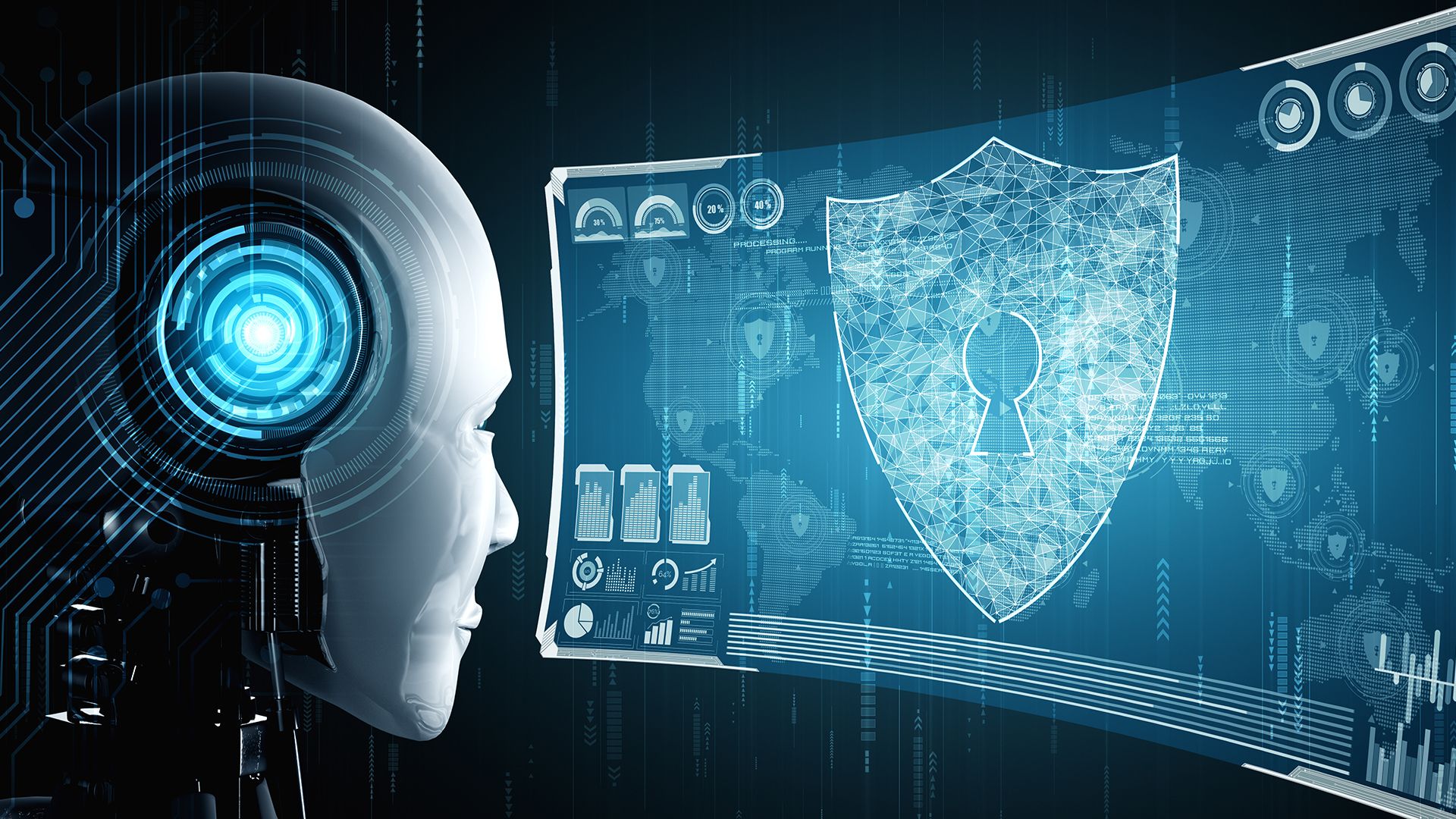Cybersecurity threats are evolving at an alarming rate, making it crucial for businesses and individuals to adopt advanced security measures. Artificial Intelligence (AI) has emerged as a powerful tool in combating cyber threats by detecting, preventing, and responding to security breaches. Let’s explore how AI is transforming cybersecurity.
1. AI-Powered Threat Detection
- AI analyzes vast amounts of data to identify patterns of malicious activity.
- Machine learning algorithms continuously improve threat detection over time.
- It helps recognize new and evolving cyber threats faster than traditional methods.
2. Automated Incident Response
- AI-driven security systems can respond to cyberattacks in real-time.
- Automated responses reduce the need for human intervention, minimizing damage.
- AI-based Security Orchestration, Automation, and Response (SOAR) platforms enhance efficiency.
3. Predictive Cybersecurity with AI
- AI predicts potential threats based on past incidents and behavioral analysis.
- It helps organizations proactively secure their networks.
- Reduces the chances of zero-day attacks and other advanced cyber threats.
4. Enhancing Phishing and Malware Detection
- AI scans emails, attachments, and URLs to detect phishing attempts.
- Identifies malware patterns and prevents malicious software from spreading.
- It uses natural language processing (NLP) to detect fraudulent emails and messages.
5. AI-Driven Security for IoT Devices
- Protects smart home devices, industrial IoT, and connected systems from cyber threats.
- Identifies vulnerabilities and prevents unauthorized access.
- AI-driven authentication systems enhance device security.
6. Behavioral Analysis and Anomaly Detection
- AI monitors user behavior to detect suspicious activities.
- Flags abnormal login attempts, unusual access times, or data transfers.
- It helps prevent insider threats and unauthorized access.
7. AI-Powered Encryption and Data Protection
- AI strengthens encryption methods to secure sensitive data.
- Detects unauthorized attempts to decrypt or access protected information.
- Ensures compliance with global cybersecurity regulations.
8. Challenges and Ethical Concerns
- Hackers can exploit AI to develop sophisticated cyberattacks.
- False positives and inaccuracies in AI detection may lead to unnecessary actions.
- Ethical concerns about data privacy and AI decision-making require regulation.
Conclusion
AI is revolutionizing cybersecurity by providing faster, smarter, and more proactive defense mechanisms against cyber threats. As AI technology continues to evolve, it will play an even more significant role in ensuring digital security across industries.

